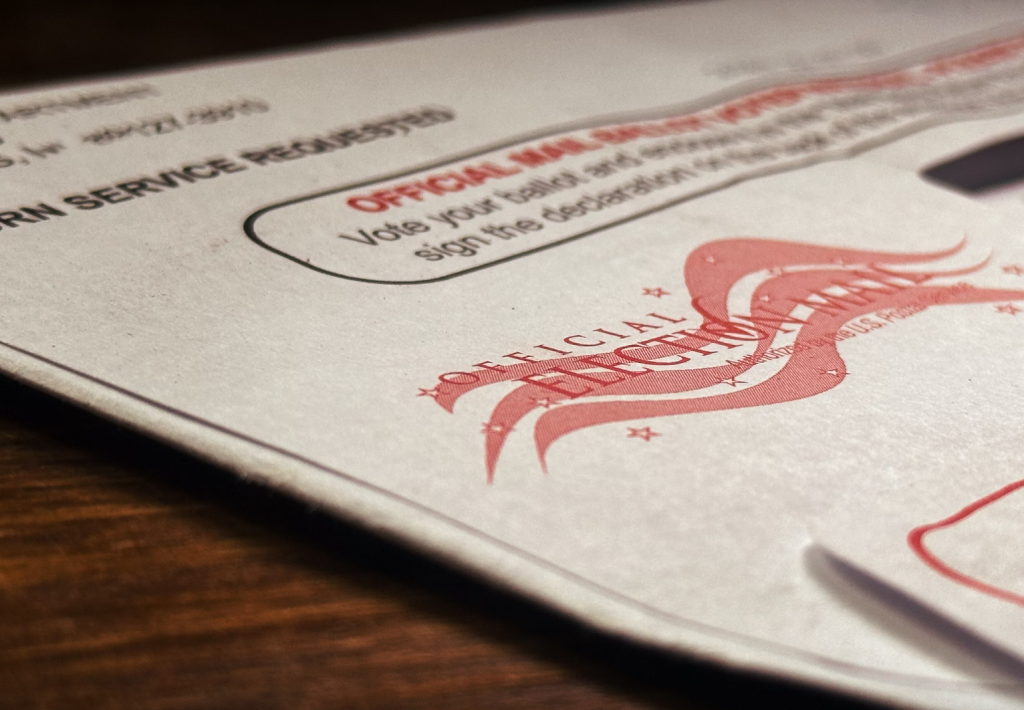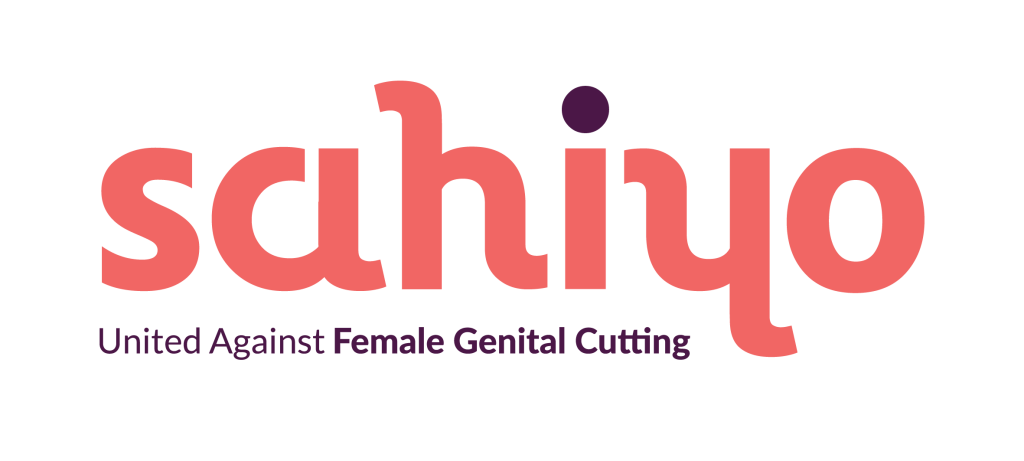Helping our Sahiyo community process the 2024 election

To our Sahiyo community, We know that many of you, like us, are feeling disappointed, sad, and scared as a result of the 2024 presidential election. We want you to know that we see you and that your feelings are valid. We also want to remind you that Sahiyo will continue to work every day to support survivors of female genital cutting (FGC) and promote gender equality, no matter what. We will work even harder with the strength of our community and an unwavering belief in our cause. Most of all, we want you to know that we are with you and that we will get through this together. In that spirit, we’re providing links to resources that could be helpful at this time: Our partner the Asian Women’s Shelter has a helpful crisis line for FGC survivors (1-877-751-0880) Rape / Sexual Abuse / Incest National Hotline (RAIN): 800-656-4673 Members of the LGBTQ community can call 1-866-488-7386 or visit www.thetrevorproject.org The South Asian Network provides a variety of health and wellbeing resources along with useful information to help immigrants protect themselves BlackLine Crisis Call Line: 1-800-604-5841 The National Hispanic Family Health Helpline, Su Familia: 1-866-783-2645 Dial 988 or visit www.988lifeline.org if you or somebody you know are in a crisis or experiencing thoughts of suicide Psychology Today is a large directory connecting you with therapists, support groups, psychiatrists, and other mental health professionals in your area or virtually Please make some time to take care of yourselves, to rest, and to be gentle with yourself as you process your very valid emotions. Know that this is not the end of our battle, but just a setback reminding us of the importance of the work we do. We’re determined to work even harder than even before to help survivors and create a more just world for all. With love and in solidarity from the entire Sahiyo team, Mariya Taher Sahiyo U.S. Executive Director
Research Studies on FGC

New Study from Iran: Female Genital Mutilation Impedes Men’s Well-Being Implementation of the International and Regional Human Rights Framework for the Elimination of Female Genital Mutilation FGM INTERNATIONAL CONFERENCE – RESEARCH – ADVOCACY – POLICIES – ACTION – May 10-11, 2016 – UN Geneva WHO guidelines on the management of health complications from female genital mutilation Female Genital Mutilation/Cutting: U.S. Assistance to Combat This Harmful Practice Abroad is Limited UNICEF: Most Oppose Female Genital Mutilation Female Genital Cutting in Indonesia: A Field Study State-Of-The-Art Synthesis Report on FGM/C – What Do We Know Now? UNFPA – Demographic Perspectives on Female Genital Mutilation 2015 Annual Report of the UNFPA-UNICEF Joint Programme on Female Genital Mutilation/Cutting: Metrics of Progress, Moments of Change Root causes and persistent challenges in accelerating the abandonment of FGM/C Gender equality and human rights approach to female genital mutilation: a review of international human rights norms and standards Female genital mutilation/cutting and violence against women and girls: Strengthening the policy linkages between different forms of violence FGM: A native affliction on every inhabitable continent The Clitoral Hood – A Contested Site: khafd of female genital mutilation/cutting (FGM/C) in India Perception and barriers to reporting female genital mutilation How to transform a social norm – Reflection on phase II of the UNFPA-UNICEF Joint Programme on Female Genital Mutilation Study finds ‘huge’ fall in FGM rates among African girls FGM and Social Norms: A Guide to Designing Culturally Sensitive Community Programmes Female Genital Mutilation/Cutting: A Call For A Global Response COVID-19 Disrupting SDG 5.3: Eliminating female genital mutilation Global Platform for Action to End FGM/C: Submission to UN General Report on FGM 2020
